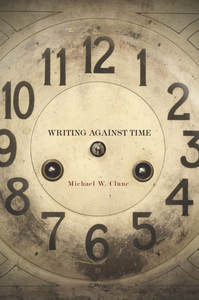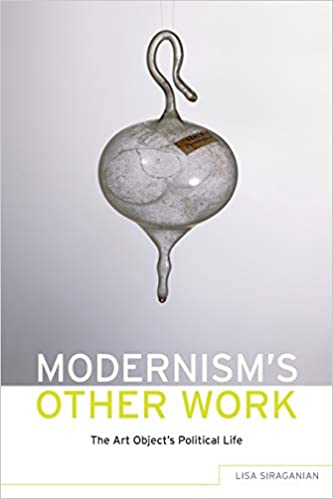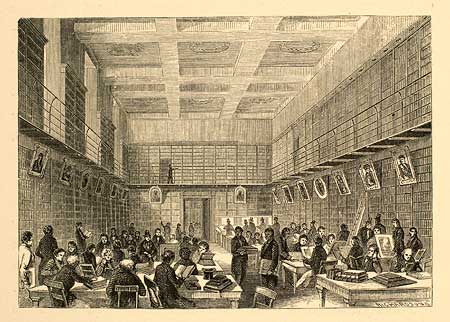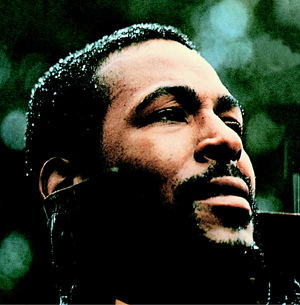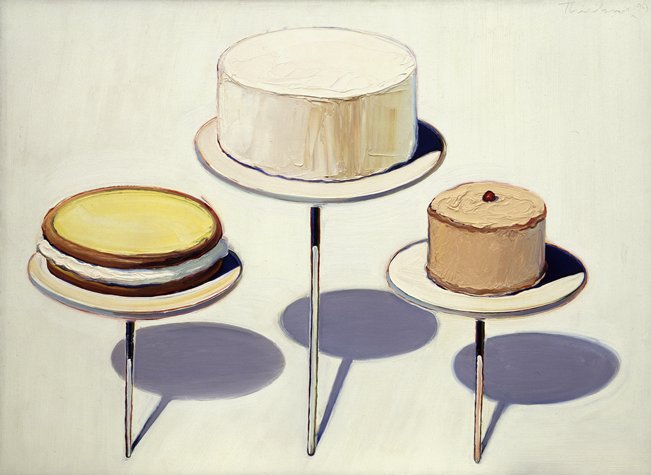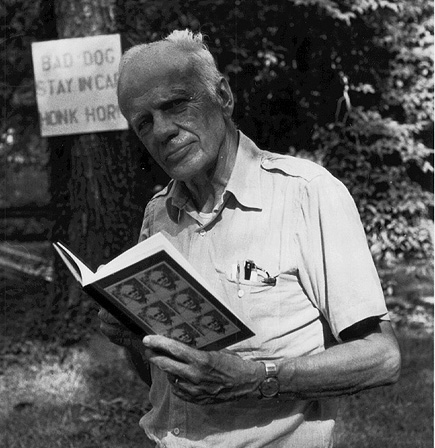
Jameson Responds
What needs to be understood about my distance from those debates around affect polemics is that I still believe in the binary opposition, and am in that sense, I guess, some kind of structuralist Hegelian, or better still, that I include Hegel in Marx and structuralism in the dialectic. “Oppositions without positive terms”: such was Saussure’s great formula, his reinvention of the dialectic on a linguistic basis. Concepts do not exist in isolation, they are defined by their opposites: it is a dialectical lesson as well as a structuralist one, and in the best of worlds the latter should lead back to the former, which it reinvents in a new and contemporary way.

